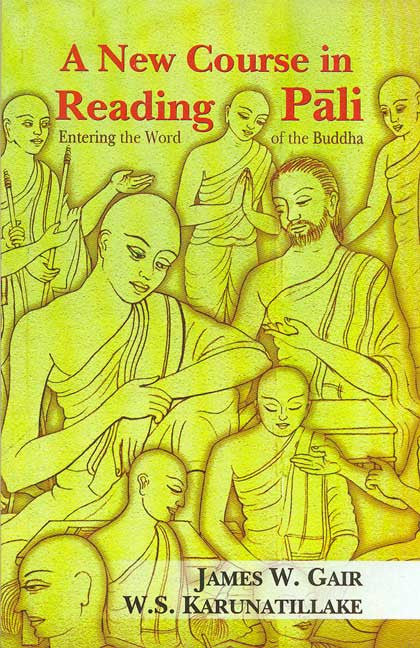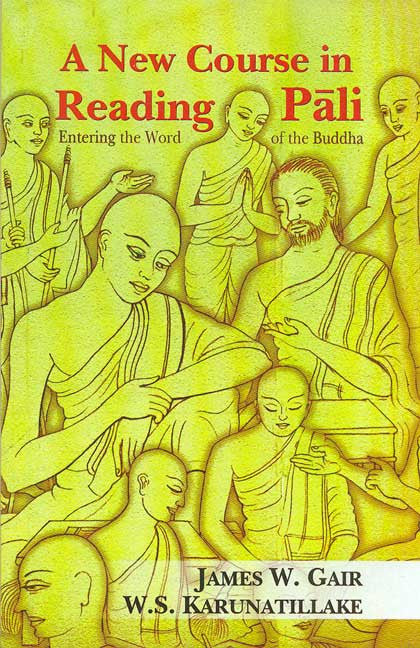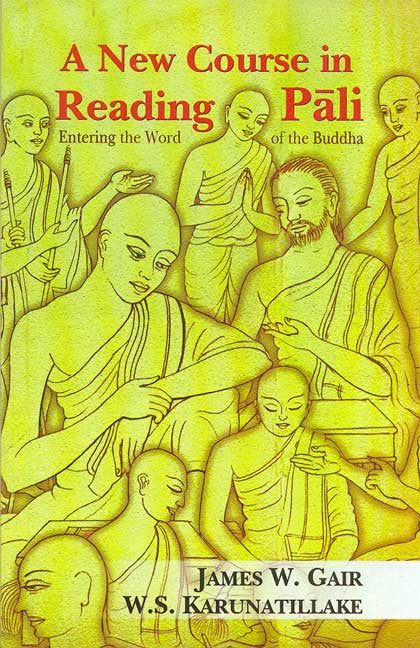A New Course in Reading Pali: Entering the Word of the Buddha
A New Course in Reading Pali: Entering the Word of the Buddha - Hardcover is backordered and will ship as soon as it is back in stock.

A New Course in Reading Pali: Entering the Word of the Buddha - Hardcover is backordered and will ship as soon as it is back in stock.
This book is intended and serve as an introduction to the reading of Pali texts. For that purpose, it uses authentic readings especially compiled for the purpose drawn largely from Theravada canonical works, both prose and poetry. The reading are in Roman script, and carefully graded for difficulty, but they have also been selected so that each of them is a meaningful and complete reading in itself, so as to introduce some basic concepts and ways of thought of Theravada Buddhism.
This book thus offers and opportunity to become acquainted with the ways in which the teachings of the Buddha are embodied in the language, a sense that it impossible to determine from English translations. The book contains 12 lessons. Each of them has three parts: (1) a set of basic readings and an accompanying glossary, (2) grammatical notes on the forms in the less, and (3) a set of further readings with its own glossary. The further readings introduce no new grammatical points, but reinforce ones already presented and give further practice in them. The work concludes, fittingly, with the Buddhaês first sermon, The Dhammacakkapavattana Sutta. A cumulative glossary and index to the grammar is also provided.
The text has been used successfully in its preliminary form at several universities, but it may also be used for self-study.
Review(s)
About the Author(s)
James W. Gair is Professor of Linguistics at Kelaniya University, Sri Lanka. This Pali text is product of a long collaborative association during which they have also produced other works, primarily on the languages of Sri Lanka.
-
Pages
-
Edition
-
Size
-
Condition
-
Language
-
Weight (kg)
-
Publication Year
-
Country of Origin
-
Territorial Rights
-
Reading Age
-
HSN Code
-
Publisher




